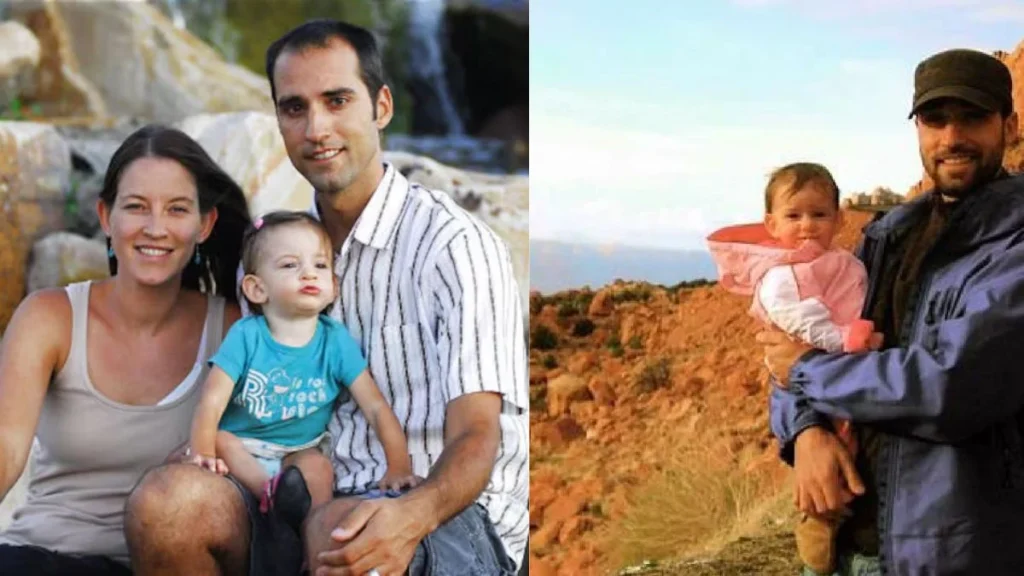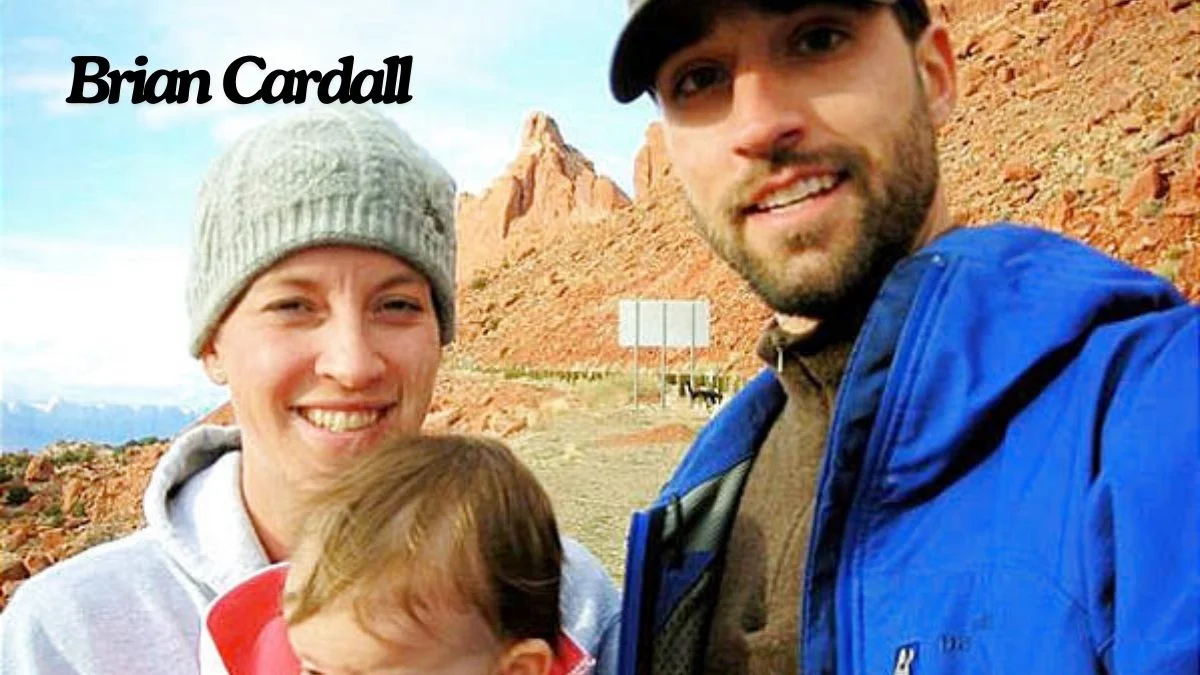Brian Layton Cardall was a man of remarkable intellect and boundless curiosity, destined to leave a significant mark in the world of biological sciences. Born with an innate fascination for nature, Brian pursued his academic interests with a passion that was both infectious and inspiring. His journey was one of brilliance and promise, tragically cut short by an incident that has since sparked debates about police conduct, mental health awareness, and the use of Tasers in law enforcement.
A Promising Scientist
Brian Cardall, 32, had recently earned a prestigious fellowship to conduct research for a doctorate in biological sciences at Northern Arizona University in Flagstaff. His work was characterized by a deep appreciation for the complexity of nature, and he was known for his infectious enthusiasm and dedication. Those who knew him often remarked on his ability to find joy in his work, which never felt like a chore but rather a calling.
Brian’s academic journey was marked by his brilliance and determination. He was not only a hard-working and intelligent individual but also a kind and gentle human being. His wit and even-tempered nature made him a beloved figure among his peers and family. As a devoted father and caring husband, Brian balanced his professional ambitions with a profound commitment to his family, often seen with his daughter Ava, exploring the natural world together.
The Tragic Incident
On a seemingly ordinary day in June 2009, Brian and his wife, Anna, were driving near Hurricane, Utah, with their infant daughter. During the journey, Brian experienced a bipolar episode, which quickly escalated into a psychotic episode. Unable to calm him and get him back into the car, Anna called the Hurricane City Police Department for medical assistance.
When Officer Kenneth Thompson and Police Chief Lynn Excell arrived at the scene, they found Brian standing in the road, completely naked, trying to direct traffic. Despite Anna’s call for medical help, the officers chose to use a Taser to subdue Brian. This decision proved fatal. Brian was shocked twice with the Taser and subsequently died.

Legal Battle and Settlement
The incident led to a wrongful death lawsuit filed by Brian Cardall’s family against the officer, police chief, and the city. The case brought to light the challenges and dangers associated with the use of Tasers by law enforcement, especially in situations involving individuals experiencing mental health crises. A federal judge ruled that police might be liable for Brian’s death, highlighting the potential consequences of using stun guns inappropriately.
After years of legal battles, Brian’s family reached a settlement with the involved parties. The settlement, while providing some closure, could never truly compensate for the loss of a brilliant scientist and a beloved family man.
Remembering Brian Cardall
Brian Cardall’s life and tragic death serve as a poignant reminder of the complexities surrounding mental health issues and the urgent need for appropriate responses by law enforcement. His story underscores the importance of understanding and compassion in dealing with individuals experiencing mental health crises.
Those who knew Brian remember him not only for his academic achievements but also for his warm personality and the joy he brought into the lives of others. He had a rare ability to connect with people, always wearing a smile and approaching life with an inquisitive mind. His love for nature and his dedication to his work were matched only by his love for his family.
Brian Cardall’s daughter, Ava, may have been too young to remember the days spent on her father’s shoulders, exploring the world through his eyes. Yet, the legacy he left behind is one of inspiration and hope. His colleagues, friends, and family continue to honor his memory by striving to make a difference in their own fields, driven by the same passion and dedication that defined Brian’s life.
Lessons Learned
The tragic death of Brian Cardall has led to increased scrutiny of police practices, especially concerning the use of force on individuals with mental health issues. It has also sparked discussions on the need for better training for law enforcement officers to handle such situations with empathy and understanding.
The settlement of the wrongful death lawsuit may have provided some legal closure, but the broader implications of the case continue to resonate. Advocates for mental health awareness and police reform see Brian’s story as a catalyst for change, pushing for policies that prioritize de-escalation and appropriate medical intervention over the use of force.
Conclusion: Brian Cardall
Brian Cardall’s life was one of promise and potential, tragically cut short by an avoidable incident. His legacy, however, lives on through the memories of those who knew and loved him, and through the ongoing efforts to ensure that similar tragedies do not happen in the future. As we remember Brian, we are reminded of the importance of compassion, understanding, and the relentless pursuit of knowledge—qualities that defined his life and work.
In honoring his memory, we continue to advocate for a world where mental health crises are met with care and empathy, ensuring that the promise of individuals like Brian is not lost but cherished and protected.









